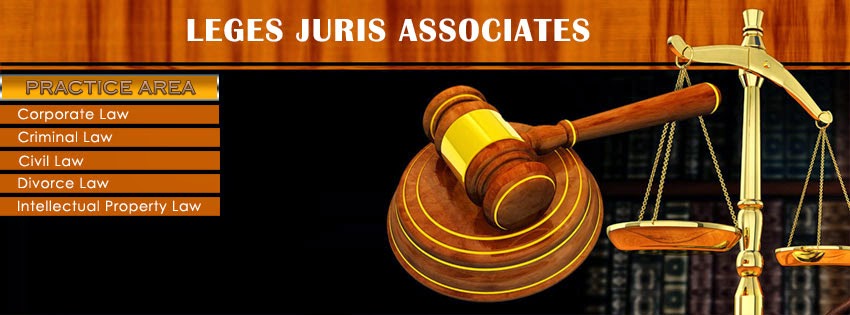Section 13(1) (ia) of the Hindu Marriage Act, 1955 Divorce.
(1) Any marriage solemnized, whether before or after the
commencement of the Act, may, on a petition presented by either the husband or
the wife, be dissolved by a decree of divorce on the ground that the other party.
(ia) has, after the solemnization of the marriage, treated the petitioner with cruelty .
(ia) has, after the solemnization of the marriage, treated the petitioner with cruelty .
Cruelty – A spouse can file a divorce case when he/she is subjected to any
kind of mental and physical injury that causes danger to life, limb and health.
The intangible acts of cruelty through mental torture are not judged upon one
single act but series of incidents. Certain instances like the food being
denied, continuous ill treatment and abuses to acquire dowry, perverse sexual
act and such are included under cruelty.
In so many Judgments the Hon"ble Supreme Court and
Hon"ble High Court has dissolved the marriage on the grounds of cruelty.
for example if the girl has filed a false complaint against the whole family members of the husbands and if the concerned magistrate has discharged the family members in the case of 498a IPC then its a cruelty upon the husband and good grounds for dissolved the marriage
for example if the girl has filed a false complaint against the whole family members of the husbands and if the concerned magistrate has discharged the family members in the case of 498a IPC then its a cruelty upon the husband and good grounds for dissolved the marriage
